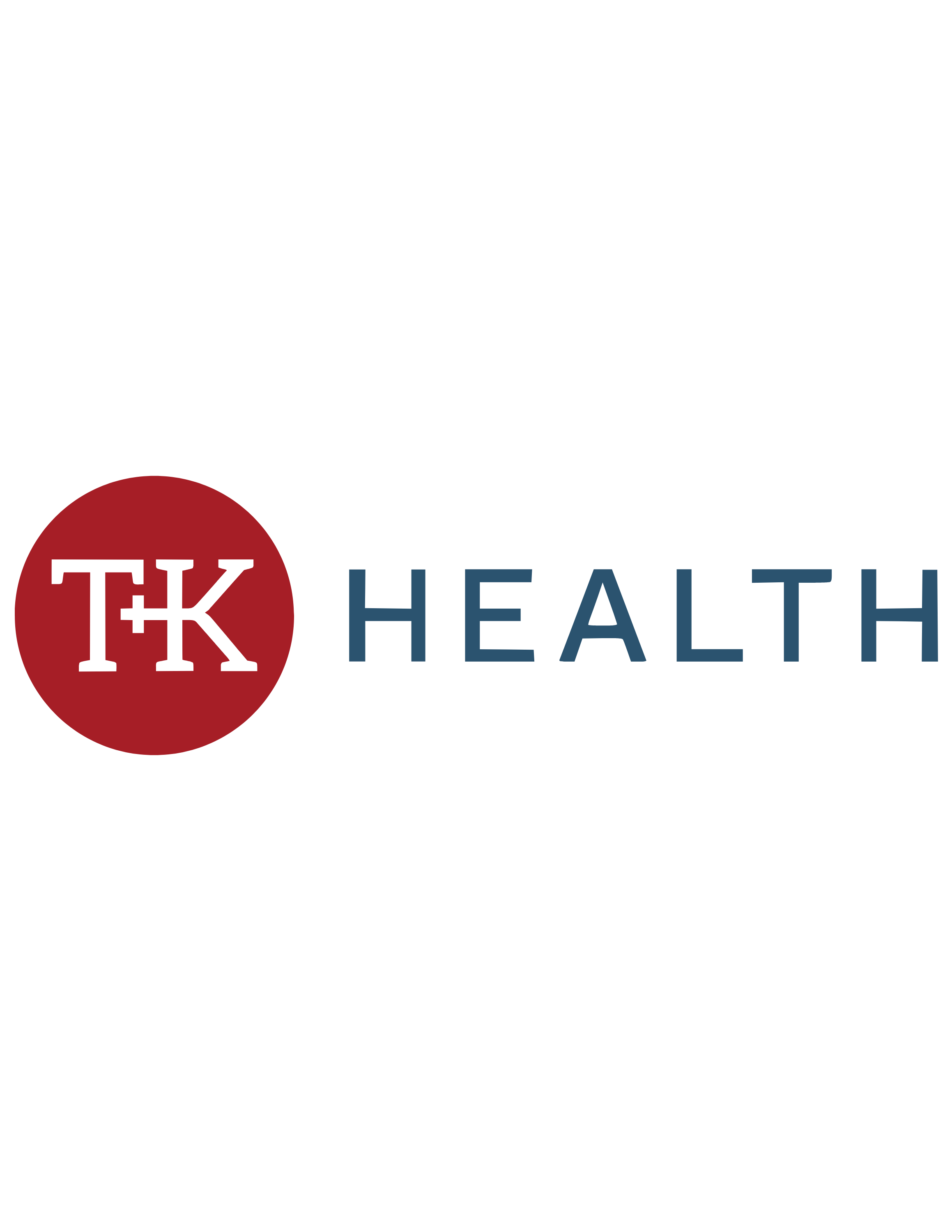You never thought you’d need to understand correctional healthcare, but now you’re in a position where this knowledge is essential for you or a loved one.
We know that having a loved one incarcerated creates a lot of questions and uncertainty. That’s why we’re here to provide you with a foundational understanding of correctional healthcare.
Providing medical care to incarcerated people is uniquely challenging. Put simply, inmates are more likely to experience chronic diseases, mental health issues, and substance use, which makes quality healthcare in correctional centers vital.
This post explains what correctional health entails, its challenges, and the legal and ethical responsibilities that guide it.
The Unique Challenges of Correctional Healthcare
Receiving healthcare while incarcerated isn’t as simple as going to a doctor’s office. Officials have specific issues and limitations they must consider when providing correctional healthcare.
Overcrowding and Resource Limitations
Many, if not most, correctional facilities are overcrowded. The Bureau of Prisons reports that about 10% of federal prisons are overcrowded, which doesn’t account for overcrowding in jails. The number of people in prisons and jails makes it taxing for corrections officers to recognize the need for medical care and ensure treatment.
Limited resources further complicate this issue. Specifically, many correctional centers are understaffed. Understaffing may occur for various reasons, including interest in the jobs, salary offerings, and safety concerns. Regardless of why it happens, understaffing can significantly impact the ability to provide medical care.
Correctional officers play a critical role in identifying when inmates need medical attention. Officers are expected to observe signs of a potential medical issue. Once a correctional officer recognizes a potential medical need, they should alert healthcare staff to assess the inmate.
Problems can arise if there aren’t enough corrections officers to escort patients to the healthcare team or observe them for safety while receiving care. Also, if officers don’t fully recognize when an inmate needs medical care, the outcomes can be fatal.
Prevalence of Chronic Illnesses and Mental Health Issues
Inmates are more likely than the general population to experience illnesses and mental health issues and be coping with addiction. One study found that 39-43% of inmates have at least one chronic health condition. Up to 64% of incarcerated people report mental health concerns. And 65% of the prison population has an active substance use disorder.
In other words, the need for care is great, and healthcare concerns are complex in correctional facilities.
Security Concerns and Restrictions on Care
Medical care in prisons and jails is provided with security in mind. Inmates need to be escorted by officers to treatment areas, and officers have to stay with them while they receive treatment. It takes multiple people to provide an inmate with medical care.
In some cases, security protocols may limit the availability of certain types of care, especially if the facility lacks the resources or personnel to handle the logistics of transporting inmates.
There also are rules and restrictions on the types of care and medications inmates can receive. For example, medications that inmates may try to abuse, such as certain psychiatric drugs, are tightly controlled in correctional centers. Inmates may receive alternative medications to reduce risks.
Also, many correctional centers have a list of approved medications that healthcare providers can prescribe to limit costs. If a specific medication isn’t on the list, healthcare providers must get approval from a medical review board to provide it or to find an alternative treatment.
Inmates also may face limited access to specialized treatments, such as advanced surgeries or therapies. The cost of care, lack of specialized staff, or logistical challenges of transporting inmates to external facilities can result in delays or denials of these treatments.
Inmates with chronic conditions like diabetes, heart disease, or asthma may also experience restrictions on specialized care or regular monitoring because of budget constraints or staff shortages.
Finally, many centers provide preventive care, like vaccinations, but some don’t. Those centers may prioritize immediate medical needs over preventive services.
Components of Correctional Healthcare
Correctional healthcare provides inmates with necessary medical, mental health, and preventive services while considering the corrections environment’s constraints.
Key components of correctional healthcare include:
- Medical Services. These services involve checkups, emergency care, and chronic disease management.
- Mental Health Services. Many correctional centers provide access to counseling and psychiatric care. Inmates with mental health disorders also may receive medications to manage their conditions.
- Substance Treatment. Inmates entering the correctional system may require detoxification from drugs or alcohol. Medical professionals may provide supervision or Medical Assisted Treatment (MAT) to help inmates detox safely. Correctional centers also may offer substance abuse treatment programs to promote long-term recovery.
- Preventive Care and Health Education. This care may include vaccinations and screenings. It could also include programs focused on nutrition, hygiene, sexual health, disease prevention, and even smoking cessation.
What correctional healthcare options are available to inmates depend on the mix of care provided at each detention center. Some may have more proactive and preventative care, while others may focus on responding to essential, immediate healthcare needs.
Legal and Ethical Considerations in Correctional Healthcare
Correctional centers are legally required to provide necessary healthcare under the Eighth Amendment, which prohibits cruel and unusual punishment. But officials interpret “necessary” somewhat differently.
Prisons and jails must provide health care that addresses serious medical needs in a reasonable and timely manner. Still, inmates aren’t guaranteed specialized care or access to elective treatments. Non-essential medical procedures are generally not required or provided.
Correctional healthcare providers face unique ethical dilemmas. These dilemmas often arise from balancing inmates’ healthcare needs with security concerns or institutional policies. For example, an inmate may request a treatment they could benefit from, but the provider doesn’t have the option to give it because of institutional policies.
Balancing care with security and safety is challenging for correctional healthcare providers. This balance can create conflict when correctional officers prioritize security and order while healthcare providers focus on patient well-being.
Understanding Correctional Healthcare
Correctional healthcare is a unique type of care with considerations all its own. At TK Health, we understand it’s important for you to understand the healthcare you or your loved one can expect. We also know how critical proper care can be during incarceration. That’s why our mission is to provide quality care at correctional centers throughout the region. To learn more and better understand correctional healthcare, visit our website.

